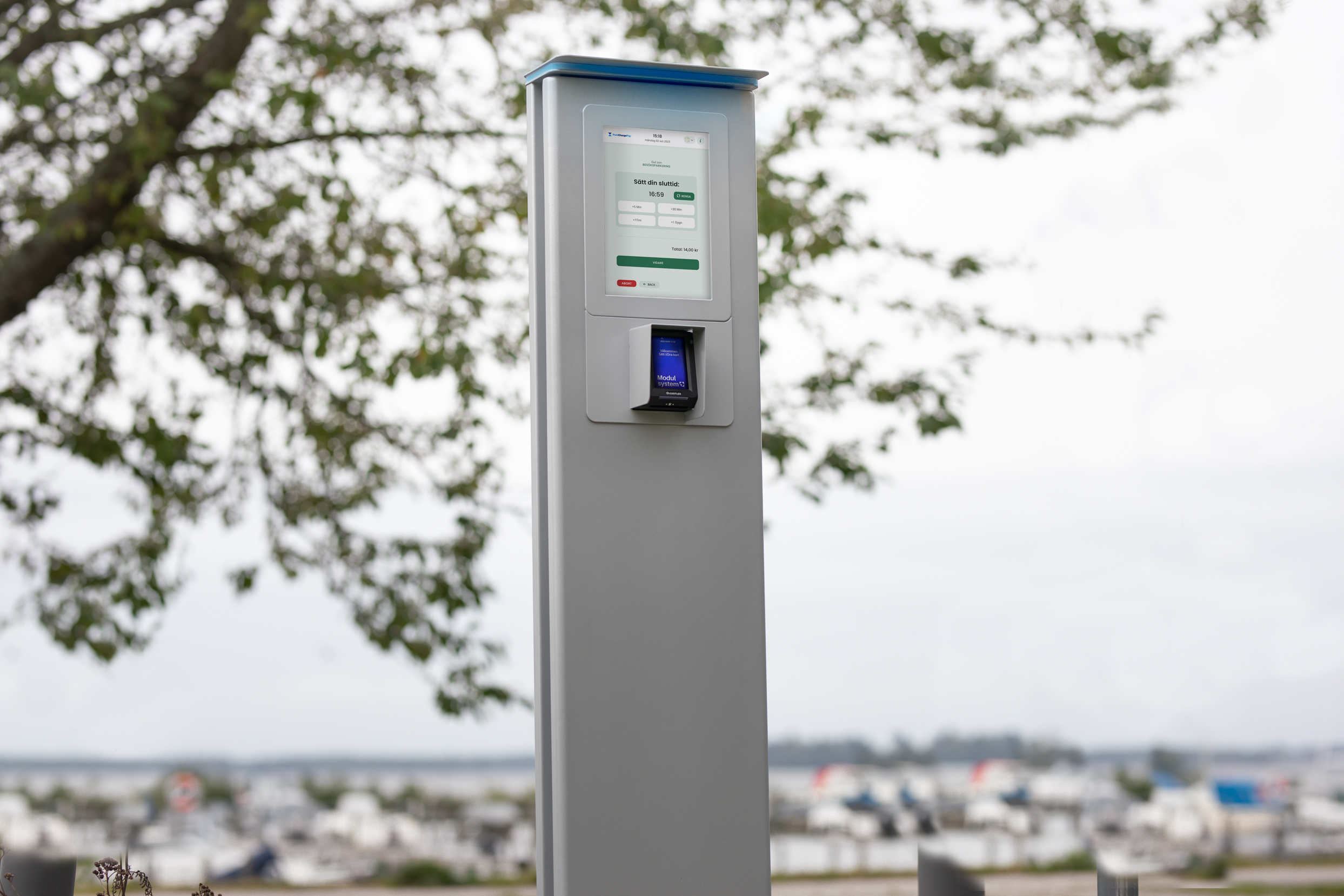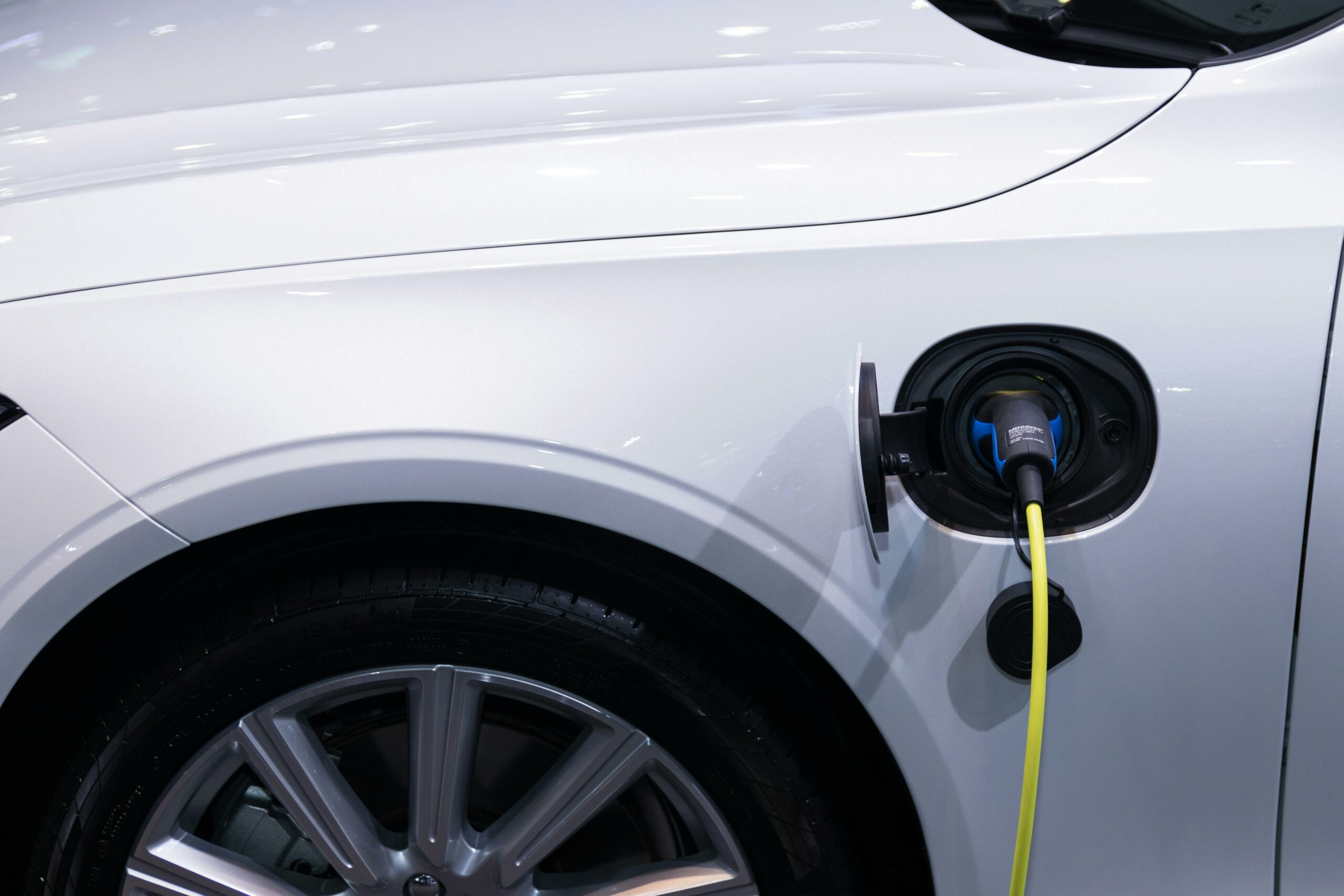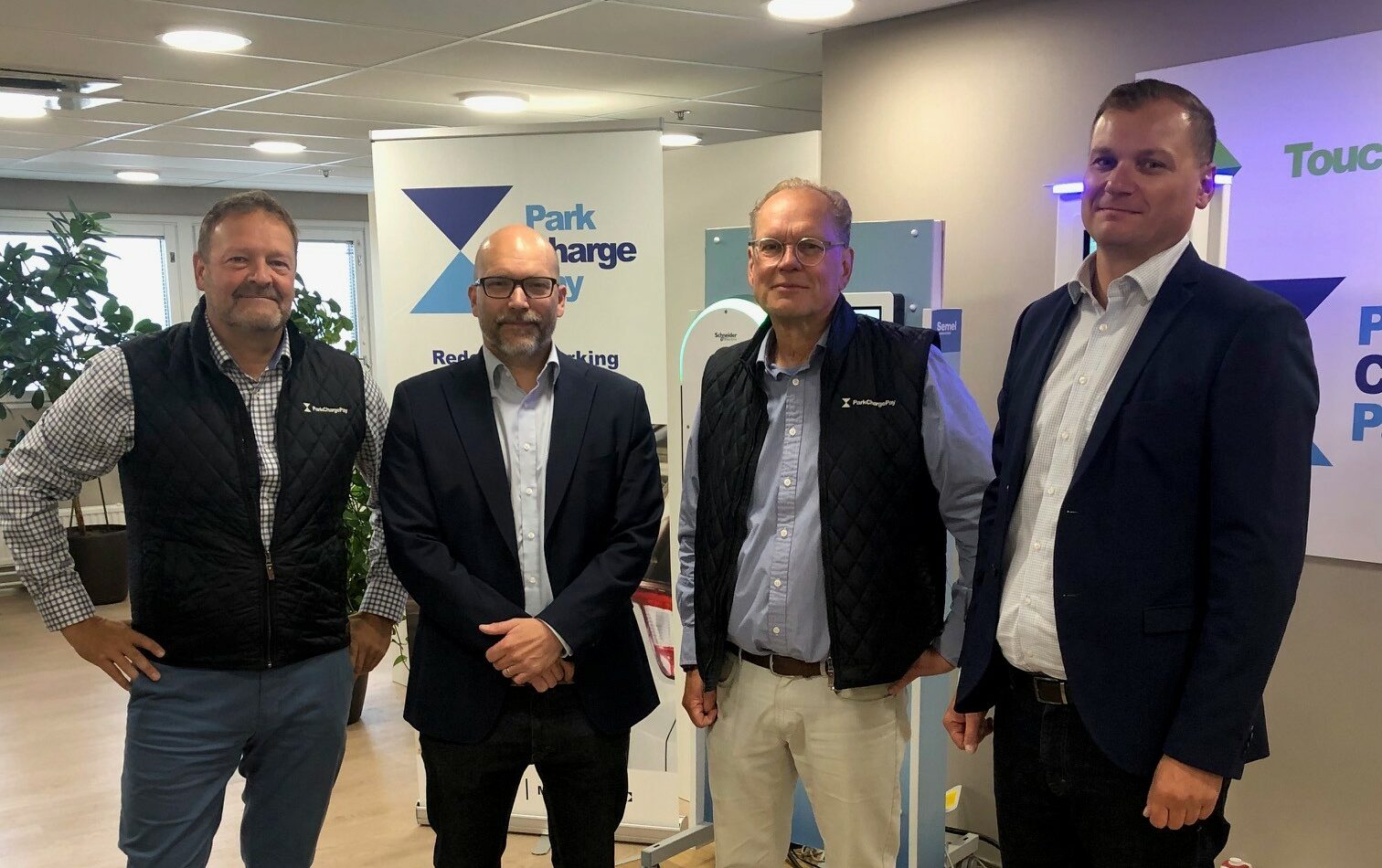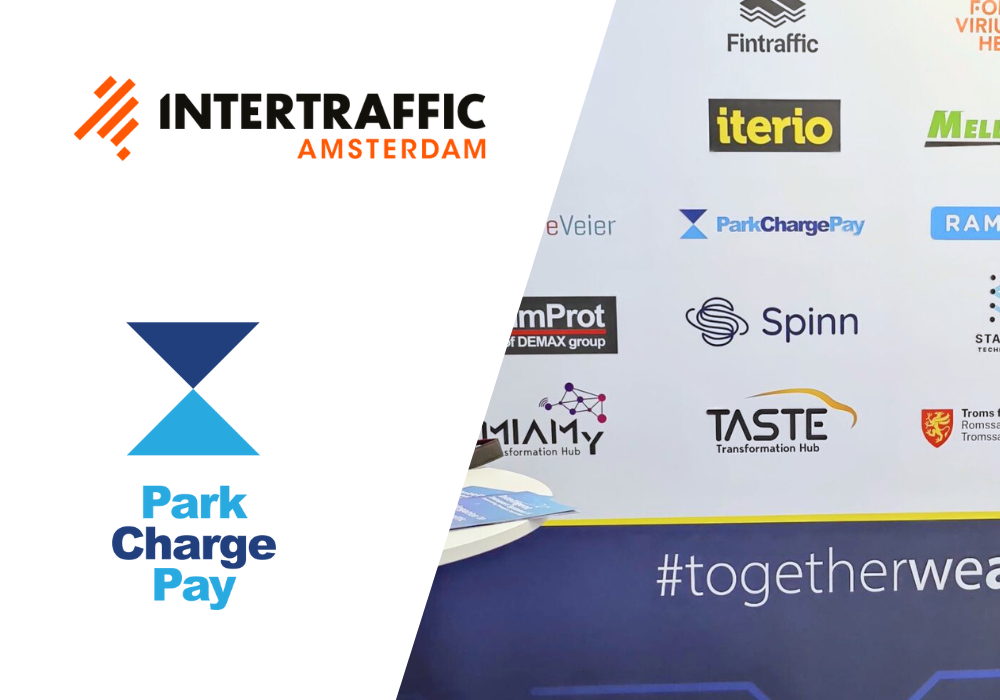 Press releases
Press releases Already in the next few years, the AFIR regulation requires charging points in public parking areas with card payment.
In the summer of 2023, the European Union approved the AFIR, which accelerates alternative energy sources, and affects parking and charging operators in many ways. In particular, charging and paying for charging of electric cars will be easier in the future.
AFIR requires, for example, that power and high-power charging stations must offer the possibility to pay for charging without a user ID or customer account, using card payment.
Along with the AFIR regulation, the energy efficiency directive EPBD requires that a certain proportion of the parking spaces in a public parking area must be equipped with the possibility of charging. For example, from 2027, every tenth parking space in a public parking area must have a charging option.
New requirements for payment devices
The possibility of charging in parking areas, as well as the introduction of card payments at charging stations, are big changes for operators in the industry. In the future, parking operators will offer electric vehicle charging as a service in addition to parking. Correspondingly, charging operators will have an obligation to expand the current payment methods with card payment option, in addition to the typical mobile application.
A receipt for the payment of parking and charging must also be provided upon request. The simplest contactless payment devices cannot do this. We will not see printers with charging devices, but they must be able to deliver a receipt e.g by email.
TouchPayGo is a centralised and intelligent payment unit that can flexibly charge for both parking and charging. It offers the possibility to send a receipt to the email address provided by the user. Alternatively, the receipt can be retrieved afterwards from the online service.
A smart payment unit for different needs
Many public charging points will be equipped with card payment devices in the next few years. Device manufacturers already offer card payment options in connection with their chargers. However, especially at large charging fields with several charging stations, there is no point equipping each charging station with a separate payment device. It would not only be a large one-time investment, but also a significant maintenance expense.
TouchPayGo works as a central payment unit for charging stations. Its touch screen can control all types of charging devices, regardless of their power and charging method, as long as they support the OCPP standard. One TouchPayGo payment unit is best suited to control up to about ten charging devices.
TouchPayGo’s flexibility therefore makes it a suitable device for both parking and charging card payments. It is also easier to upgrade the charging station hardware when the payment device is separated from the charging device.
AFIR affects almost all traffic and logistics
The AFIR is a collection of different regulations on the deployment of alternative fuel infrastructure that affect not only road transport, but also aviation and maritime operations and their energy infrastructure. The regulation brings especially high-power charging stations and hydrogen refueling stations to the main roads of the EU region, i.e. the so-called TEN-T network (Trans-European Transport Network).
AFIR, Alternative Fuel Infrastructure Regulation, is part of the EU’s Fit for 55 package, which aims to reduce the carbon dioxide emissions of the European transport system and logistics. EPBD (Energy Performance of Buildings Directive), on the other hand, improves the energy efficiency of buildings in the EU region.


